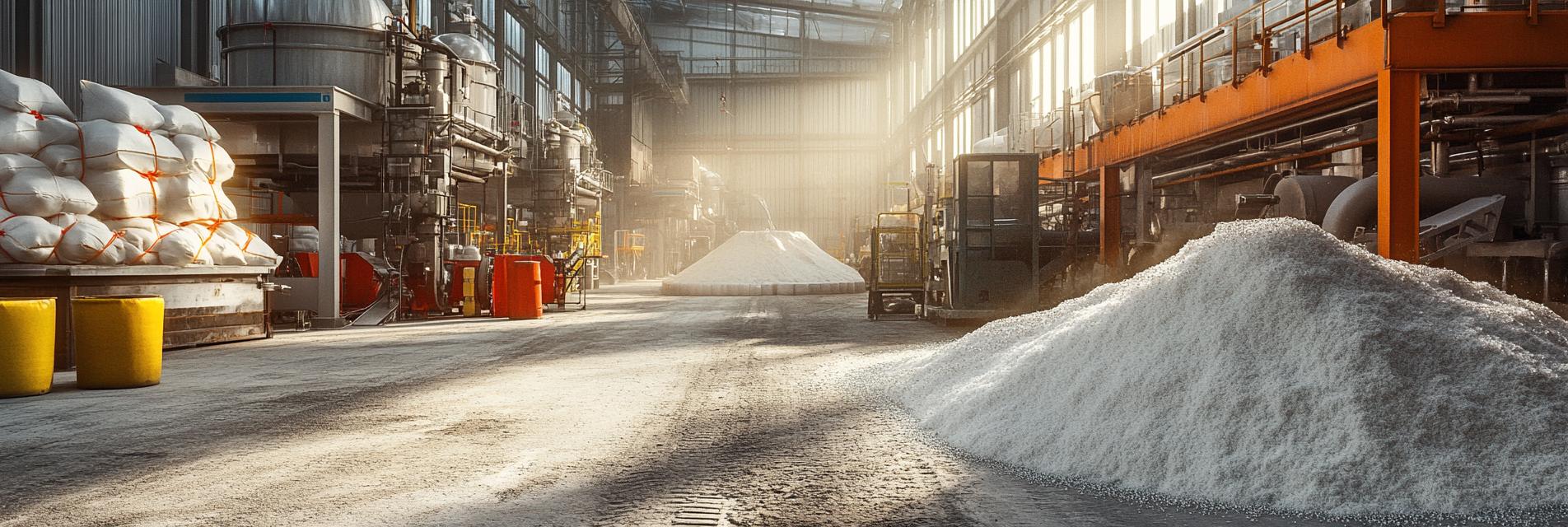Granular Potassium Sulfate (K2SO4) is a vital fertilizer in the agricultural industry, renowned for its effectiveness in improving crop yield. This article delves into the intricate manufacturing process of this essential compound and its numerous applications in farming.
The production of granular potassium sulfate involves several key steps that ensure the final product meets the quality standards required by farmers:
The primary raw materials for producing granular potassium sulfate are potassium chloride (KCl) and sulfuric acid (H2SO4). These materials are sourced from reputable suppliers to maintain high production standards.
In a controlled environment, potassium chloride reacts with sulfuric acid to form potassium sulfate and hydrochloric acid. This chemical reaction is crucial as it produces the desired compound effectively.
The resulting potassium sulfate undergoes a granulation process, where it is dried and shaped into granules. This step enhances storage and application efficiency, making it easier for farmers to distribute.
Once granulated, the product is subjected to rigorous quality control tests to ensure that it meets the specified standards for nutrient content and purity. This ensures that farmers receive a high-quality fertilizer.
Granular potassium sulfate is widely used as a fertilizer for various crops, including fruits, vegetables, and ornamental plants. Its high potassium content helps in:
In conclusion, the production of granular potassium sulfate is a detailed process essential for the effective delivery of potassium to crops. Its chemical properties and granulated form make it a highly favored choice in the fertilizer industry, playing a significant role in modern agriculture.

Production of Granular Potassium Sulfate
